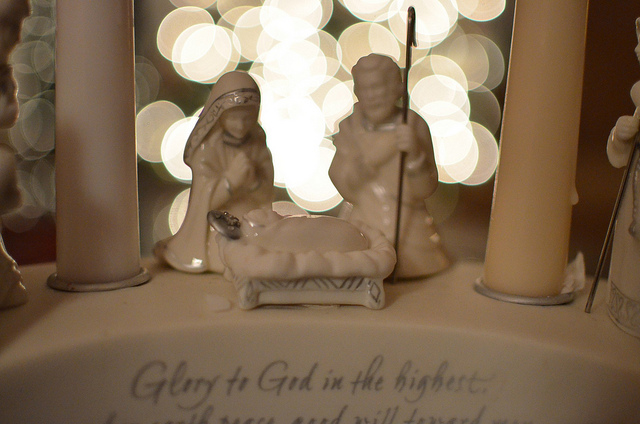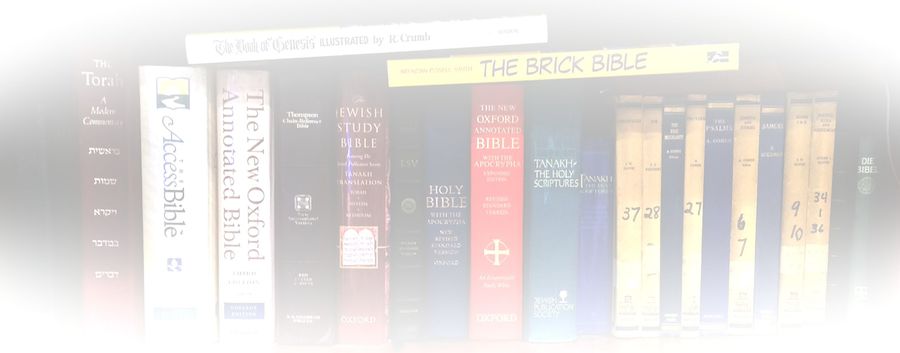 I mentioned the other day that the Gospel for this week is a difficult passage: Luke 16:1-13. It is the parable of the so-called “unjust steward” and the parable ends with Jesus’ statement in verse 9
I mentioned the other day that the Gospel for this week is a difficult passage: Luke 16:1-13. It is the parable of the so-called “unjust steward” and the parable ends with Jesus’ statement in verse 9
And I tell you, make friends for yourselves by means of dishonest wealth so that when it is gone, they may welcome you into the eternal homes.
I have read a number of creative explanations (including a long and informative piece by Bob Deffinbaugh on Bible.org, I am sorry, he is wrong, we are challenged to be “shrewd”). Given that the verses that follow include the statements that those who cannot be faithful with little (dishonestly earned or otherwise) cannot be faithful with much and that one cannot serve both God and wealth, I think verse 9 must be sarcastic.
“Make friends by means of dishonest wealth” and sure, they will enter you into their eternal home, a home in Hades, to use the imagery found later in Luke 16. Sarcasm. It has to be.
Still, I think the message is on some level to be shrewd with the things of this world, just as in our Epistle for today, 1 Timothy 2:1-7. We are to pray for the rulers and leaders of this world, not only that they might be saved, since God, “desires everyone to be saved and to come to the knowledge of the truth,” but more tactically (or shrewdly) so “that we may lead a quiet and peaceable life in all godliness and dignity.”
Earthly things are not inherently bad or evil, we impute that power upon them when we desire those things above loving, serving, and pleasing God. The challenge is to understand that the things of this world, ἄδικος, [mfn]This is usually translated as “unrighteous” but, and Greek scholars feel free to slap me down, but since according to Louw & Nida the noun refers to those “outside the Christian community” I would argue it is not so much a moral standing as it is a commentary on its mundane, non-sanctified status.[/mfn] may be used so long as we are not overwhelmed by them.
Being able to rightly understand the value of money, fame, and “stuff” is what prepares us to be able to truly value the things that will eternally endure. Then we can properly receive what is truly our own (v. 12). Like the Prodigal Son whose story precedes today’s Gospel, we will be then understand the true value of having a place in the home of our Father.






3 thoughts on “Surely this is sarcasm: Luke 16:9”
Now we need a similar article from you on Luke 11.41 in which the context shows that Jesus is being totally facetious in his remark. Sorry, but nobody is going to have God count “everything to be clean for them” inside their heart by the exercise of giving to the poor. The Pharisees already regularly gave to the poor, and according to Jesus, made sure they were seen doing it in public, which Jesus tells his followers should not be done – they should give in secret. I can’t seem to raise a single commentary source that doesn’t treat this as genuine advice.